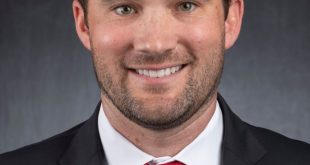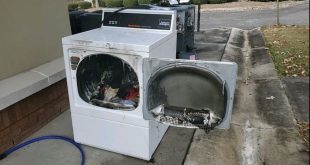This past Friday, Andrew Coffey a pledge of Pi Kappa Phi fraternity at Florida State University was found dead at an off-campus Greek event. Unrelated to the death, a member of Phi Delta Theta Garrett John Marcy, was arrested and charged Monday with the sale and trafficking of cocaine.
As a result, FSU President John Thrasher placed an indefinite suspension on all Greek life right before the start of homecoming week.
Thrasher explained that “there must be a new culture” in Greek life before the suspension is lifted, and students need to be “full participants” in creating it.
During the suspension, all 55 fraternity and sorority chapters will be prohibited from holding new member events, chapter meetings, organized tailgates, and events like socials, philanthropy, retreats and intramurals.
Earlier this year, Penn State suspended Greeks from holding social activities during the spring semester after the hazing death of 19-year-old Timothy Piazza.
LSU had a one-month suspension of and continues to ban alcohol at Greek parties after the hazing death of 18-year-old Maxwell Gruver in September.
Other universities including Clemson, Virginia and West Virginia, have also placed temporary bans on Greek life.
Is this the appropriate response? Is it fair? What do we expect the final outcome to be? What if this happened at VSU?
The fact of the matter is that these incidents are not isolated or restricted to just Greek life. Placing any type of ban on fraternities and sororities will not help curb instances of sexual assault, heavy drinking or in some cases death.
Greek life has a big presence at VSU. But, if a sole organization acts reckless, punishing all is not the right move.
Universities cannot control the choices of individuals, especially off campus. What they can do is put programs in place to teach alcohol awareness, or even conduct training for members of the Panhellenic Council.
Bottom line is students should take responsibility into their own hands, encourage each other to be safe and stay aware of the consequences they may face in all extra-curricular activities.
This editorial was written by a member of the editorial staff and expresses the general opinion of The Spectator.
 The Spectator The independent student newspaper of Valdosta State University
The Spectator The independent student newspaper of Valdosta State University






